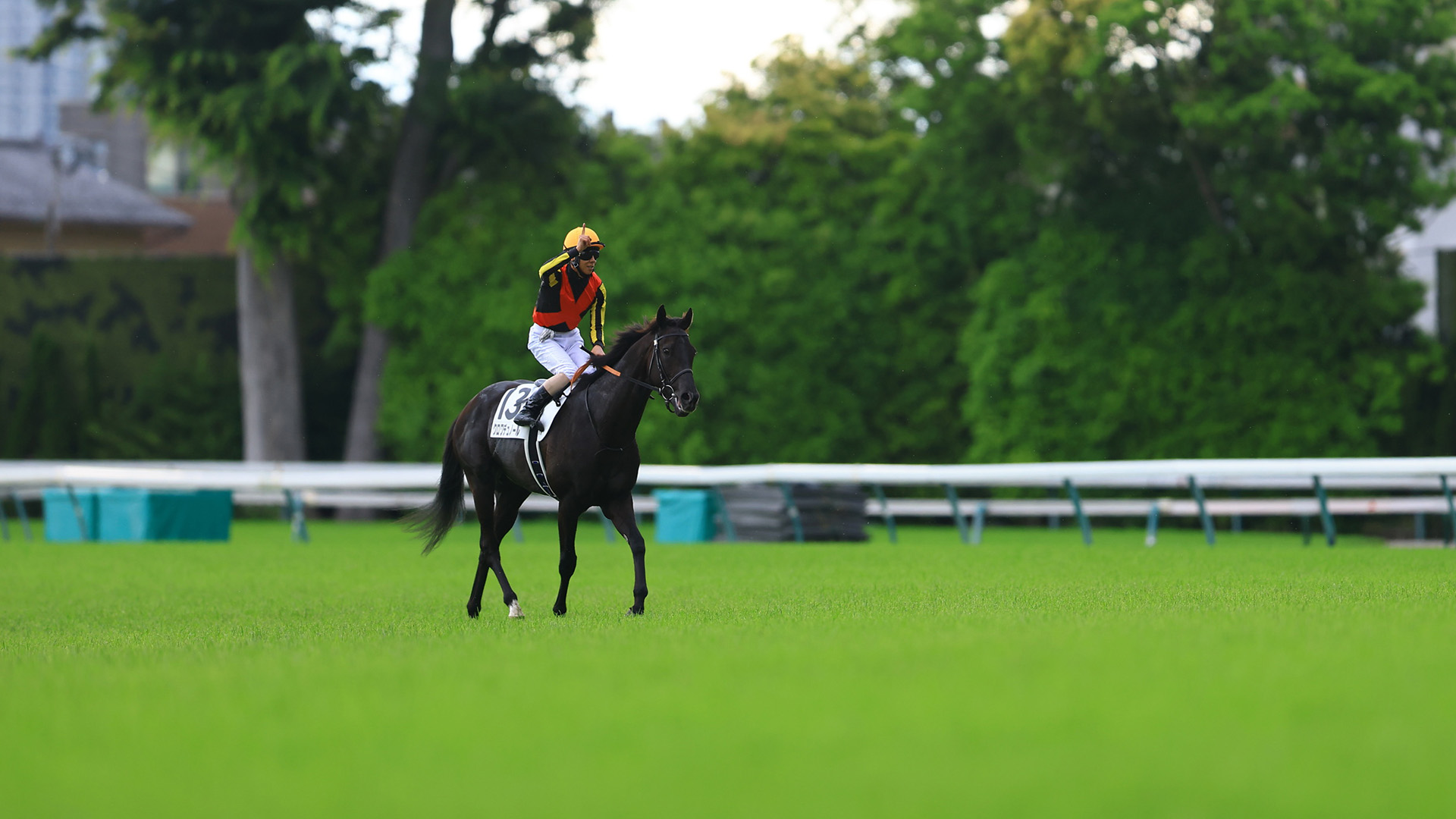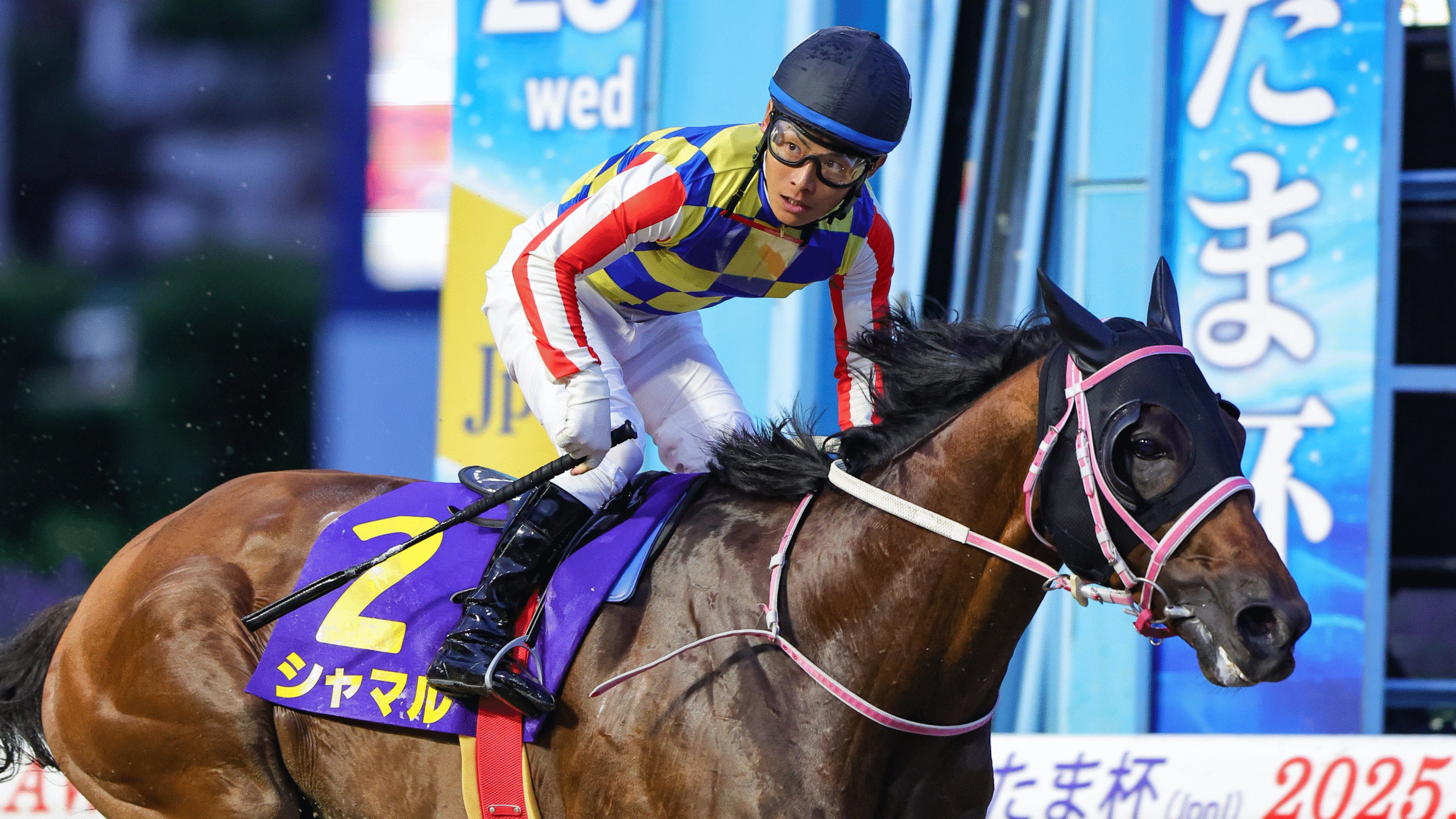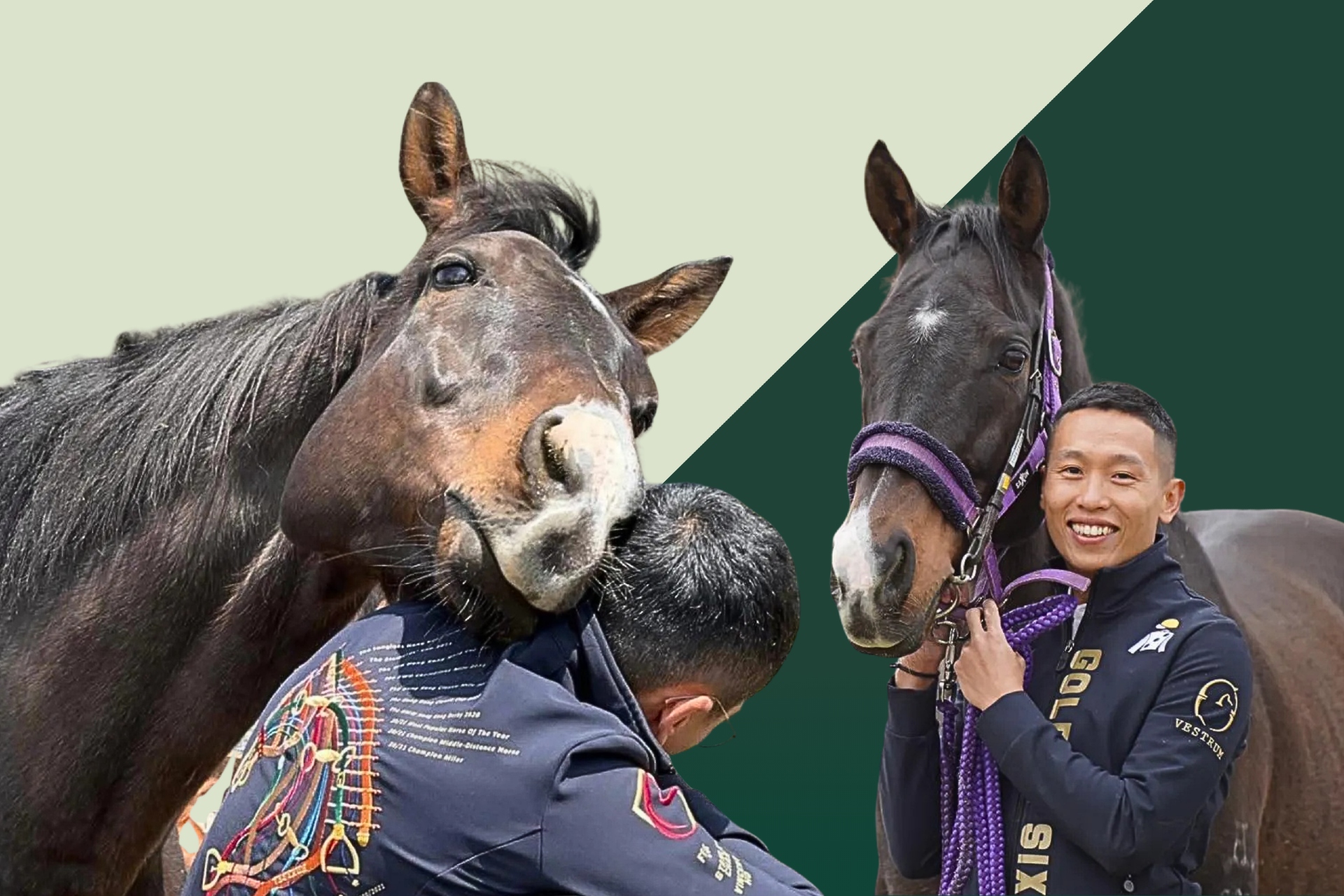JRA Must Re-Educate Itself If It Is To Learn From Nanako’s Fall
The sad circumstances around the resignation of Japan’s best-known female rider sheds a sorry light on the JRA’s seemingly arbitrary ‘justice’ and its understanding of jockey wellbeing.
THE JRA GIVETH and the JRA taketh away. Just ask Nanako Fujita. To be wholly accurate, Fujita felt the rug being pulled from under her and jumped off before it was taken entirely, but her fall was painful, not only for her but also for her fans and for the JRA’s international reputation.
Fujita, 27, known universally and affectionately within Japanese racing circles by her given name, Nanako, has been in the public eye ever since 2016 when she was the first female in 16 years to be newly-licensed on the JRA. She is the first woman to ride 100 JRA winners, the first to ride in a Group 1 race and the first to win a Group race.
The history of women jockeys in Japan goes back to 1936 when Sumiko Saito was licensed, but never actually rode in a race. Sixty years later, Junko Hosoe, Maki Tamura, and Yukiko Makihara became the first women to compete in JRA races, followed a year later by Mayuko Itakura, Junko Oshida, and then in 2000, Reina Nishihara. Makihara lasted until 2013.
The local council NAR has had more female riders, notably the first, Yuko Takahashi, and currently, Hitomi Miyashita who has 1,272 wins and counting.
Fujita’s arrival as a fresh-faced apprentice on the JRA circuit came with some fanfare and she was quickly pinned as the pioneer of a new wave of women riders: ‘Nanako Fever’ soon became a thing.


Her image, character and achievements were valuable tools for the JRA marketing arm to utilise as it sought to increase female engagement with the sport. Fujita even carried the Olympic Torch ahead of the Tokyo Olympics three years ago, passing it to actress Tao Tsuchiya.
She gained an overseas profile, too, riding at the Shergar Cup in England in 2019 and again this past August, as well as contests in Sweden and Saudi Arabia.
Fujita was the JRA darling at home and abroad. But no longer, not since an old misdemeanour was resurrected in the low-brow Japanese entertainment weekly, Bunshun, and the JRA reacted with what looks for all the world like a ham-fisted attempt to ‘save face’ and be seen to be strong by responding with an ‘iron fist’ solution.
If much of the Japanese racing media coverage is an accurate reflection of public opinion, now her legacy is also that of a JRA rule breaker and there are plenty of commentators willing to beat her with it, while others prevaricate and fewer speak out in support.
Bunshun published an article on October 9, in which it claims it ‘confronted’ Fujita about a past breaking of JRA rules, in that she used a smartphone in the controlled area during jockey lockdown, known colloquially as ‘jockey jail.’ That is the time from 9pm on a Friday evening until the end of the usual two-day JRA racing weekend on a Sunday evening when jockeys are locked into a basic accommodation block together: communication with the outside world, even with wives, husbands, and children, is forbidden.
The timing of the article was hot on the heels of the suspensions on October 7 of two other JRA jockeys for breaking the smartphone/communication rule: Takezo Nagano and Shota Kobayashi were communicating by phone while both were in lockdown at different racecourses to each other.
On October 10, the governing body suspended Fujita and took the unusual move of referring her to the arbitration committee for punishment.
A day later, Fujita submitted her retirement notice. Trainer Yasuhiro Nemoto, Fujita’s ‘master’ and long-time mentor going back to her apprentice days, spoke to the press, reading out a statement from the jockey, in which she referred to her own absence from that press conference due to her ‘mental state.’ Nemoto said Fujita had ‘cried her eyes out’ as she wrote the resignation using his pen.


The thing is, Fujita had already been dealt with for the offence she was accused of, and that happened in the spring of 2023. At that time, in May 2023, six young jockeys were busted for using their phones during jockey lockdown and were given 30-day suspensions.
Fujita was not one of those, but she stepped forward and admitted to the JRA around that time that she too had been guilty of breaking the smartphone rules and was given a verbal warning by the JRA. Since then, the landscape and the application of the rules have changed.
It should be noted that the smartphone rule is a JRA regulation and is not enshrined in the Horseracing Act. When the issue of mobile phone use reared its head as an integrity concern around the turn of the century, the JRA in coordination with the jockeys’ association introduced a practice that the use of phones in restricted areas was not allowed, but simply having a phone in those areas was. That practice over time became fixed in the JRA interpretation of its regulations and moved to a situation where jockeys had to leave their phones in a lockbox before entering their controlled room on a Friday evening.
After the six young riders were suspended last year, the JRA tightened its regulations. In June this year Genki Mizonuma, 21, was found to have used his phone during jockey lockdown and in July he received a nine-month suspension. The JRA’s approach has shifted to come down harder on those caught using their devices to communicate or engage with social media.
That approach seems to have general support among Japan’s racing press pack, many of whom are members of the JRA-approved press club.
The gossipy Bunshun article drew attention to what the JRA saw as discrepancies with what Fujita had told them almost a year and a half ago, with the magazine citing messages gained from a source, sent from her phone through the social media app Line.
The JRA reacted with a much stiffer stance, which is unusual in its retroactive nature, particularly given that the harder line came in after Fujita had confessed and was warned initially.
The whole episode looks like the JRA crushing a peanut with a steam-roller, given that there has been no indication that Fujita was engaged in communications with any unsavoury parties or that her communications were an actual threat to integrity. If the JRA had found that she was calling someone about some skullduggery, then surely it would have stated that fact.

The revisiting of the already-dealt-with offence must have come as a bolt from the blue to the rider, but it also displays a callousness in the JRA’s approach, and in the societal acceptance of the JRA’s ‘jockey jail’ as something entirely fine, without scrutiny of either its effectiveness as an integrity measure or of its suitability in its prevailing form in the current age of mobile communications.
Where is the debate on the suitability of locking up athletes in what amounts to a basic hostel? They are engaged in a high-pressure sport in which their physical wellbeing, indeed their lives, are on the line every time they compete: is this the best approach for those jockeys and their mental wellbeing? For some, it won’t matter, for others, it could become one emotional burden too much.
The JRA has been shaken by a number of issues recently, along with the smartphone ‘scandal.’ In August this year talented young jockey Taiga Tsunoda, 21, stepped in front of a high-speed train in a suicide that came at a time when he was being investigated for driving his car on the track at Hakodate racecourse. Was that post-racing drive a scream for help?
He was criticised in the Japanese press for that sin against what one publication’s commentator described in terms of ‘sacrilege’ against the sacred turf.
Tsunoda was one of those six young riders suspended for smartphone use during lockdown in May 2023.
A recent case of a senior jockey beating up another rider also suggested all is not as well as it might be, and another of two assistant trainers beating up four men, three of them grooms, at the JRA’s Miho training centre has brought Police action.
The JRA holds a privileged position. It is affiliated to the central government and has a remit to oversee all aspects of the sport at the central level, as well as its bumper pari-mutuel pools that bring in massive revenue each year.
Along with a largely compliant press, the JRA is also blessed with strong brand loyalty among racing fans who enjoy excellent facilities from which to watch the elite sport that Japan’s horsemen have nurtured and developed so well over decades. There is much that the JRA does well and which the rest of the world could learn from. The product is strong and the horses are world-class, as are its best horsemen.
But as Japan goes out into the world and more fans worldwide watch the sport in Japan, so is it open to an increasing amount of outside scrutiny. The handling of Fujita and the hard-line approach not only seems to be arbitrary, but also lacking any sense of redemption being available. The rapidity with which Fujita broke down so emotionally and resigned her licence speaks to that.

JRA officials have stated that there will be no consideration to change the rules about smartphones, rather, they will be tougher on anyone breaking the regulations, even though smartphones have become such a central part of everyday life. The line is that there has been and will continue to be a ‘re-education’ of young jockeys.
Fujita’s case suggests that the JRA would do well to undergo its own education to understand the importance of jockey wellbeing, particularly the mental health of its riders who put their lives on the line to entertain and provide a product the JRA promotes to the tune of billions of dollars per year ∎




